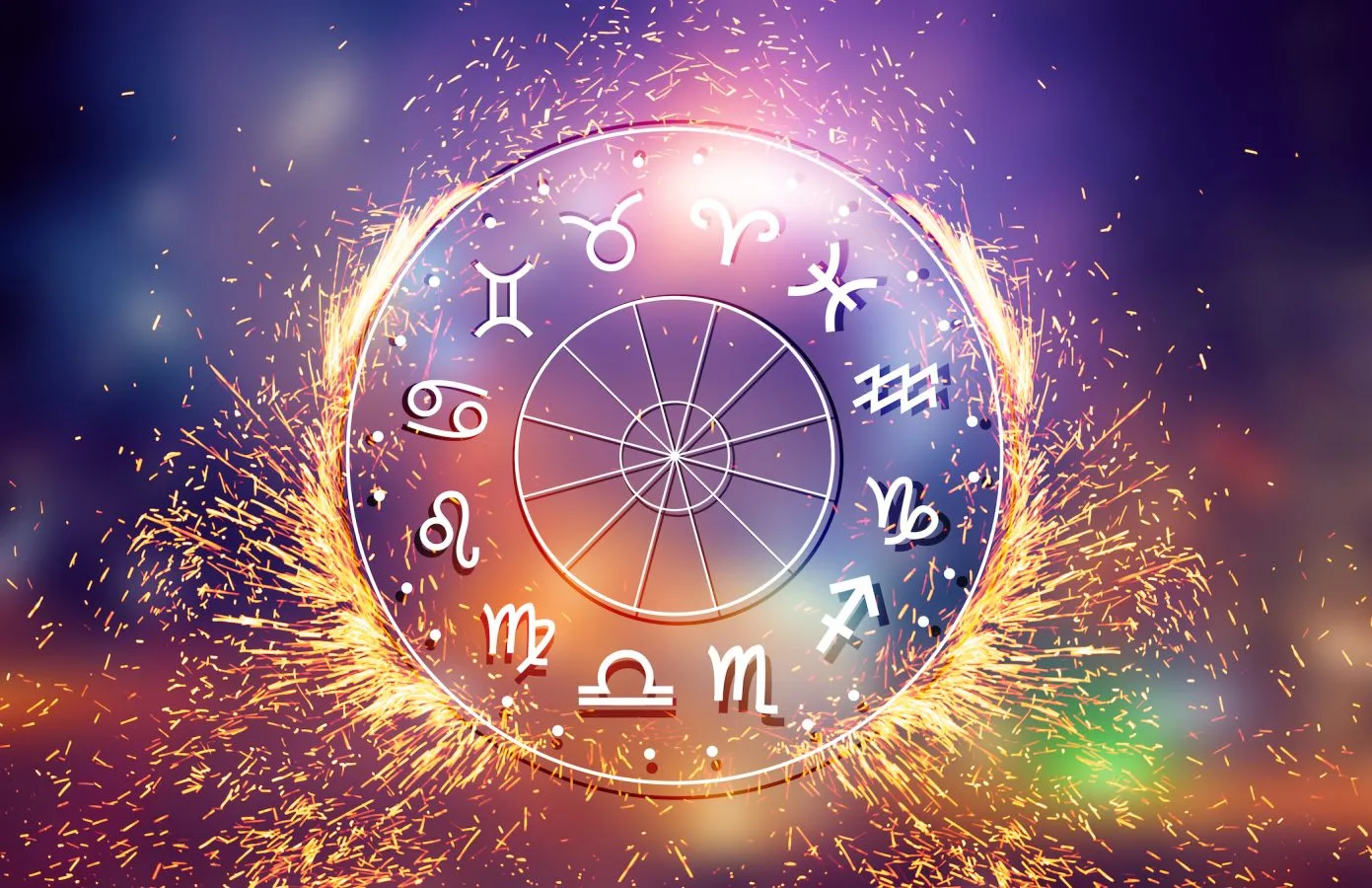
Horoscopes have intrigued humanity for centuries, offering insights into our personalities, relationships, and futures. Rooted in ancient astrological traditions, horoscopes provide a unique lens through which we can explore the complexities of life. In this comprehensive guide, we will delve into the world of horoscopes, exploring their origins, significance, and how to interpret them for personal growth.
The Origins of Horoscopes
Horoscopes trace their origins back to ancient civilizations, where astrology played a crucial role in shaping cultural and spiritual beliefs. The practice of astrology began with the Babylonians around the 5th century BCE. They observed the positions of celestial bodies and their potential influence on human affairs. This early form of astrology laid the groundwork for the complex systems we use today. The Greeks later adopted and refined Babylonian astrology, integrating it into their own philosophical and scientific frameworks. Ptolemy, an influential Greek astrologer and astronomer, authored the “Tetrabiblos,” a seminal work that established many of the principles of Western astrology. Astrology spread through the Roman Empire and eventually reached the Islamic world, where it was further developed. During the Middle Ages, astrology was integrated into European culture, and horoscope became a popular tool for predicting future events and understanding personal traits.
How Horoscopes Work
A horoscope is a snapshot of the sky at a specific moment, usually the time of a person’s birth. Astrologers use this snapshot to interpret the positions of celestial bodies—such as the Sun, Moon, and planets—and how they relate to each other. These positions are mapped onto a circular chart known as a natal chart or birth chart.
The key components of a horoscope include:
- Zodiac Signs: The zodiac is divided into twelve signs, each representing a different set of personality traits and characteristics. These signs are Aries, Taurus, Gemini, Cancer, Leo, Virgo, Libra, Scorpio, Sagittarius, Capricorn, Aquarius, and Pisces.
- Planets: In astrology, each planet is associated with specific influences and energies. For example, Mercury is linked to communication, while Venus is associated with love and beauty.
- Houses: The natal chart is divided into twelve houses, each representing different areas of life, such as career, relationships, and personal growth.
- Aspects: Aspects are the angles between planets in the natal chart. These angles influence how planets interact with each other and can reveal potential challenges or opportunities in a person’s life.
Understanding Your Zodiac Sign
Your zodiac sign, also known as your Sun sign, is determined by the position of the Sun at the time of your birth. Each sign has unique characteristics and traits that influence your personality and behavior. Here is a brief overview of each zodiac sign:
- Aries (March 21 – April 19): Aries is known for its adventurous spirit and leadership qualities. People born under this sign are often energetic, courageous, and enthusiastic.
- Taurus (April 20 – May 20): Taurus individuals are known for their practicality and determination. They value stability, comfort, and material security.
- Gemini (May 21 – June 20): Geminis are characterized by their curiosity and adaptability. They are often social, communicative, and quick-witted.
- Cancer (June 21 – July 22): Cancer individuals are known for their emotional depth and nurturing nature. They are often empathetic, intuitive, and protective.
- Leo (July 23 – August 22): Leos are recognized for their charisma and creativity. They are often confident, generous, and passionate.
- Virgo (August 23 – September 22): Virgos are known for their analytical and detail-oriented approach. They value organization, precision, and practicality.
- Libra (September 23 – October 22): Libras are characterized by their sense of balance and harmony. They are often diplomatic, social, and aesthetically inclined.
- Scorpio (October 23 – November 21): Scorpios are known for their intensity and determination. They are often passionate, resourceful, and perceptive.
- Sagittarius (November 22 – December 21): Sagittarians are recognized for their optimism and love for adventure. They are often open-minded, independent, and enthusiastic.
- Capricorn (December 22 – January 19): Capricorns are characterized by their ambition and discipline. They value responsibility, structure, and long-term goals.
- Aquarius (January 20 – February 18): Aquarians are known for their originality and progressive thinking. They are often innovative, idealistic, and independent.
- Pisces (February 19 – March 20): Pisces individuals are characterized by their sensitivity and compassion. They are often imaginative, empathetic, and artistic.
Interpreting Your Horoscope
To make the most of your horoscope, it’s essential to understand how the different elements of your natal chart interact. Here are some tips for interpreting your horoscope:
- Explore Your Birth Chart: A full natal chart provides a comprehensive view of the celestial influences at the time of your birth. It includes not only your Sun sign but also your Moon sign, Rising sign (Ascendant), and the positions of other planets.
- Consider Planetary Aspects: Pay attention to the aspects between planets in your chart. These aspects can reveal how different areas of your life are interconnected and highlight potential strengths and challenges.
- Focus on Transits: Astrological transits refer to the movement of planets as they interact with the positions in your natal chart. Tracking these transits can provide insights into current trends and opportunities.
- Reflect on Personal Growth: Use your horoscope as a tool for self-reflection and personal growth. By understanding your strengths and weaknesses, you can make more informed decisions and work towards achieving your goals.
The Role of Horoscopes in Daily Life
Horoscopes are more than just predictions; they offer valuable insights into your personality and life path. By integrating astrological wisdom into your daily routine, you can gain a deeper understanding of yourself and navigate life’s challenges more effectively.
- Personal Relationships: Understanding your own astrological profile and that of your loved ones can enhance your relationships. By recognizing compatibility and potential areas of growth, you can build stronger and more harmonious connections.
- Career and Ambitions: Your horoscope can provide guidance on career choices and professional growth. By aligning your goals with your astrological strengths, you can make more strategic decisions and achieve success in your chosen field.
- Health and Well-being: Astrology can offer insights into your physical and emotional well-being. By understanding how celestial influences affect your health, you can adopt practices that promote balance and overall well-being.
- Life Path and Purpose: Your horoscope can shed light on your life path and purpose. By exploring your astrological influences, you can gain clarity on your goals and aspirations, helping you navigate your life’s journey with confidence.
Conclusion
Horoscopes offer a fascinating and insightful way to explore your personality, relationships, and future. By understanding the origins of astrology, interpreting your zodiac sign, and delving into the details of your natal chart, you can unlock valuable insights into your life. Whether you’re seeking guidance on personal growth, relationships, or career choices, horoscopes provide a unique perspective that can enhance your understanding of yourself and the world around you.
As you continue to explore the world of astrology, remember that horoscope are just one tool among many for gaining insight and guidance. Embrace the wisdom they offer and use it as a valuable resource for navigating your life’s journey.






